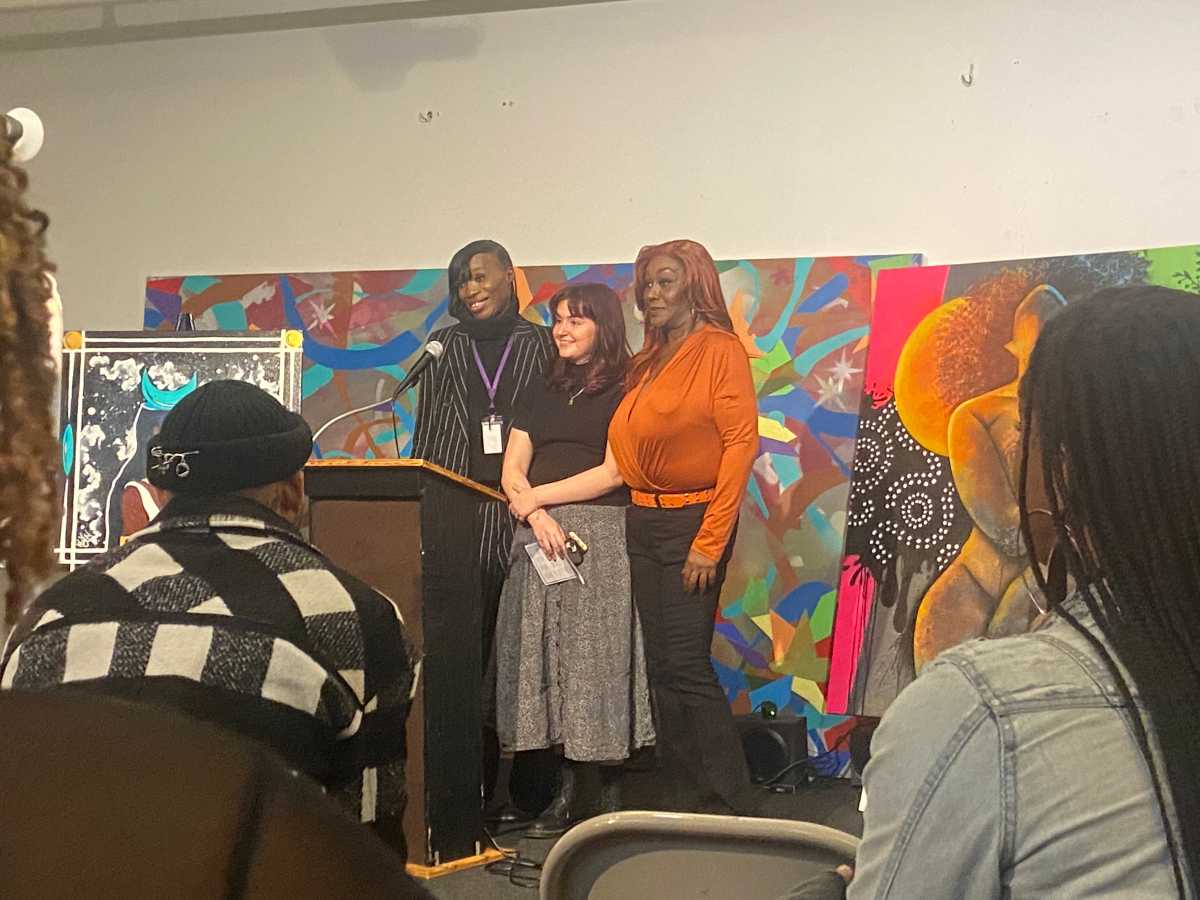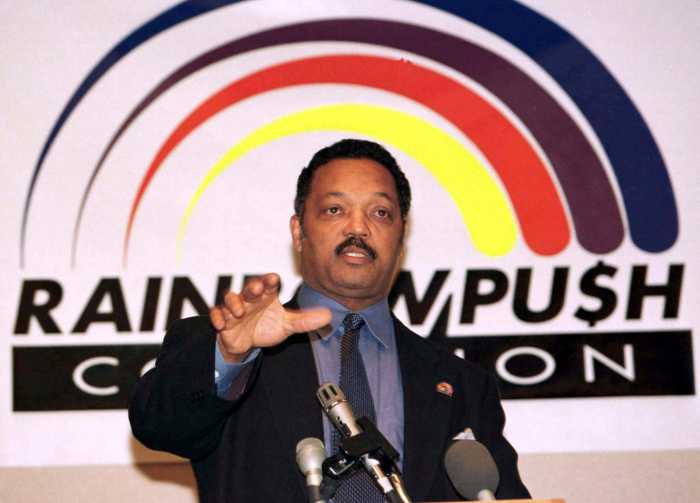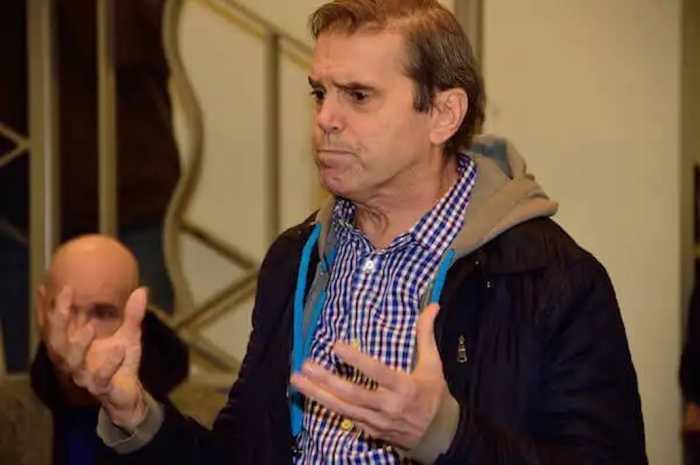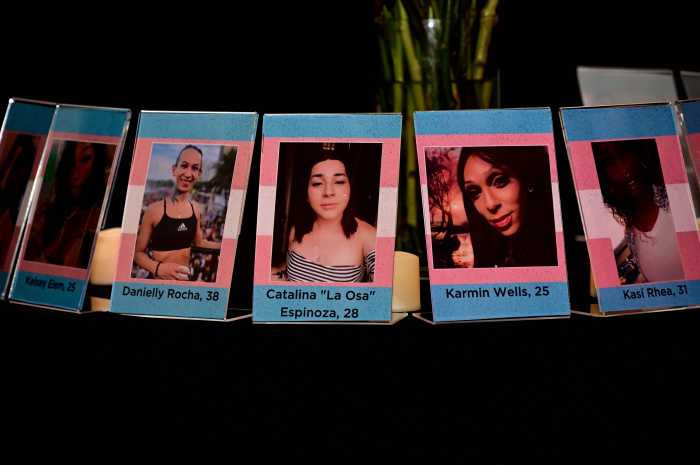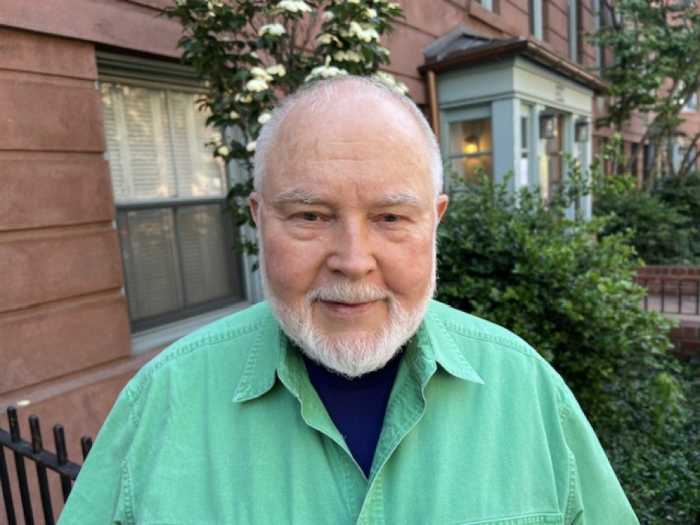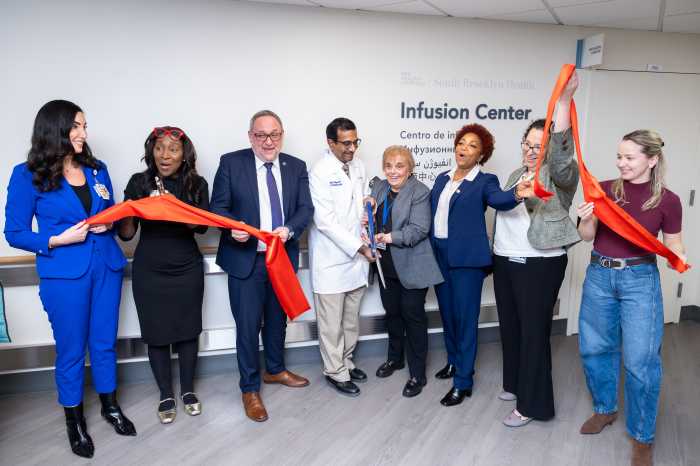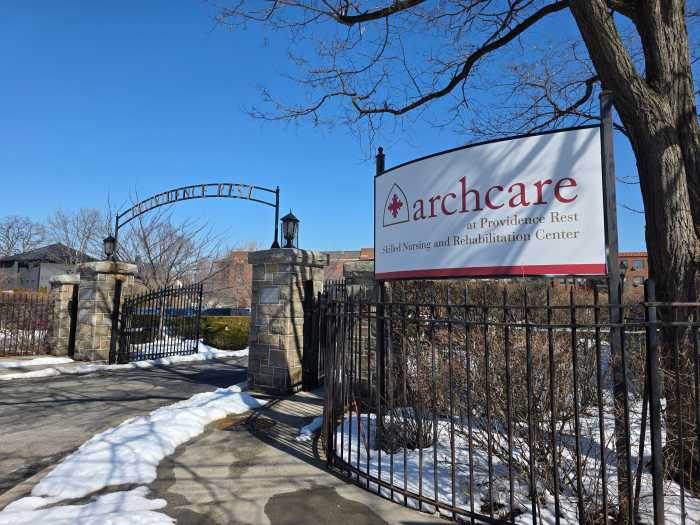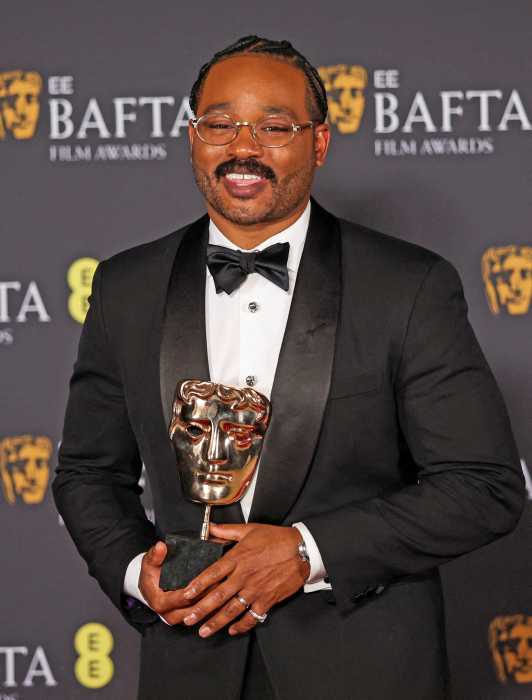On Nov. 18, the Osborne Association presented its annual Transgender Day of Remembrance event at the Bronx River Art Center, hosted by Grace Detrevarah, the organization’s senior health educator and LGBTQ liaison, and Ali Kamerman, coordinator of organization’s LGBTQ case management program.
The event served as a commemoration of the transgender and gender non-conforming (TGNC) siblings lost to violence in the past year. This year’s program, held under the theme of “resistance,” was held two days before Transgender Day of Remembrance, which is observed annually on Nov. 20.
Kamerman opened the event with a reminder of the community’s collective power and resistance.
“This is not a celebration, it’s a commemoration,” Kamerman said. “But, we are celebrating those working to keep a community in these harsh times.”
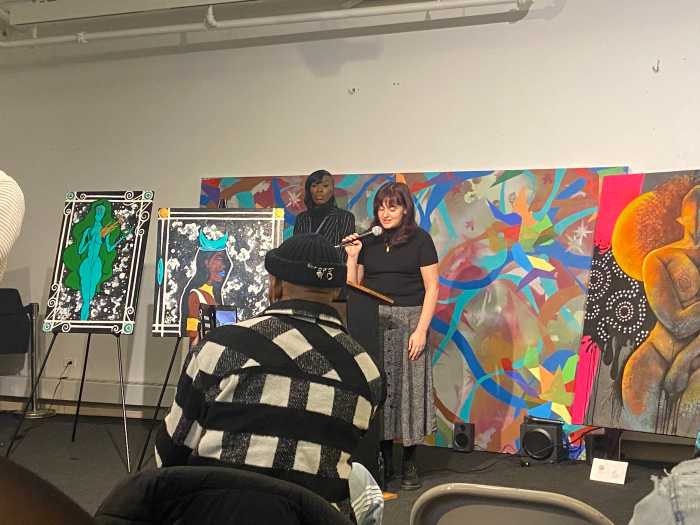
The Human Rights Campaign has tallied at least 27 cases of fatal violence against TGNC individuals in the US during the one-year period from last year’s Transgender Day of Remembrance to the same day this year.
Following a moment of silence for the lives lost in the past year, multiple guest speakers and performers took the stage to share stories of resilience, offer words of encouragement, and pay tribute to community and collectivity. These leaders reminded the attendees that remembrance is inseparable from action.
Michelle Howard, the chief program officer, expanded on the theme of the event, asserting that hosting a Transgender Day of Remembrance event is an act of resistance in and of itself.
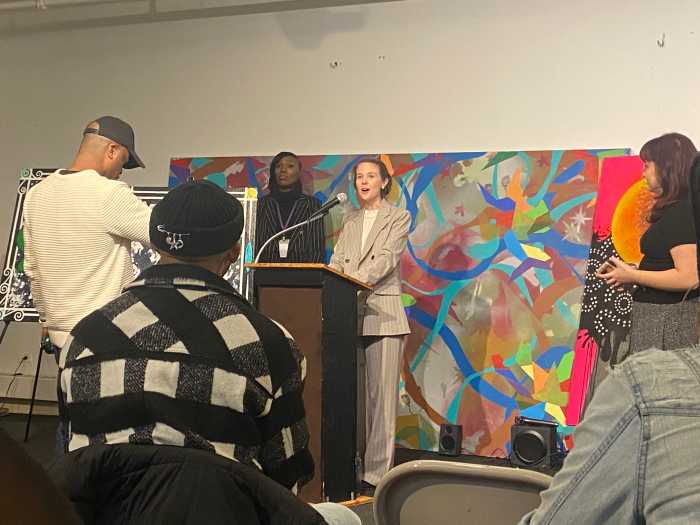
“Remembering our lost trans siblings is how we resist — we resist erasure,” Howard said.
The Osborne Association plays a role in that resistance effort in its work with LGBTQ individuals impacted by the criminal system. Detrevarah, a key figure in the organization, brings her own experience as a previously incarcerated transgender woman.
Detrevarah began her advocacy work during her own time in Rikers, where she protested against the inhumane treatment of TGNC prisoners. Since her release, she has consistently fought for the LGBTQ community, especially since being hired by Osborne in 2017.
In an interview with Detrevarah, she took pride in the organization’s explicit focus on the T in LGBTQ. Since the organization relies on local and state grant funding, like from the New York State Department of Health’s AIDS Institute and the New York City Department of Health, rather than federal grants, they are able to provide more inclusive care to TGNC individuals.
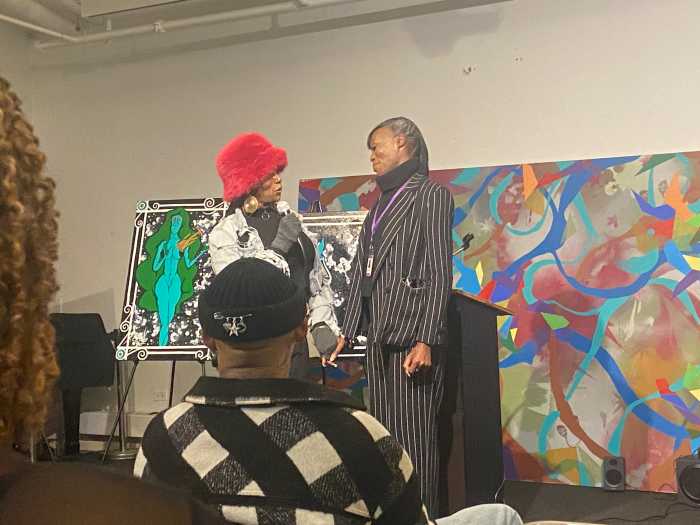
“If a trans woman comes in, we can give her undergarments. If a trans man comes in, we can give him male undergarments,” Detrevarah said. “You will see agencies in New York City that say LGBT, but when you go in, you only see a gay or bi person. That is okay for intake, but having me here to guide trans individuals just getting out of Rikers is important for visibility.”
And during the Transgender Day of Remembrance event, Detrevarah continually took pride in the Osborne Association as she focused on their commitment to providing whatever is needed for those who stop by.
“If you come in hungry, you’re not gonna leave hungry. If you come without a coat, you’ll leave with one,” she said.
The event also displayed the work of many LGBTQ artists, hosted performances by Linda La and HarlemKing Kareem Holloman, and featured many other speakers like Petal Fogenay-Foster, Chanel Lopez, and Kim Watson-Benjamin, among many others.
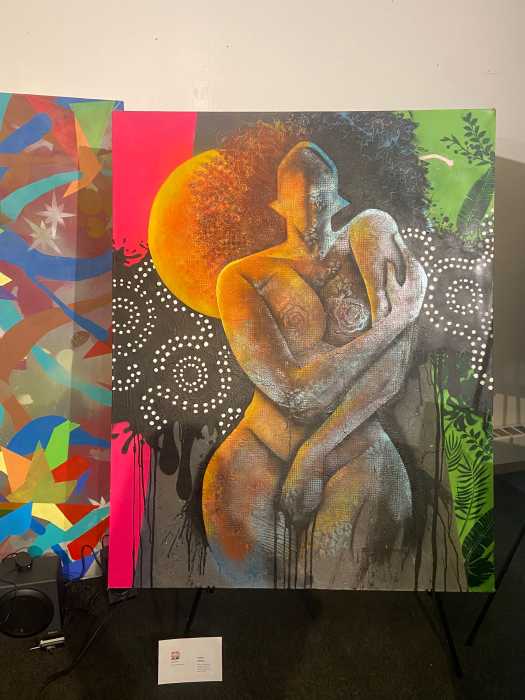
As the event came to a close, attendees embraced the community they found in one another with shared hugs and tears, sharing feelings of both gratitude and grief — grief for their lost TGNC siblings, but gratitude for those still here to fight.

